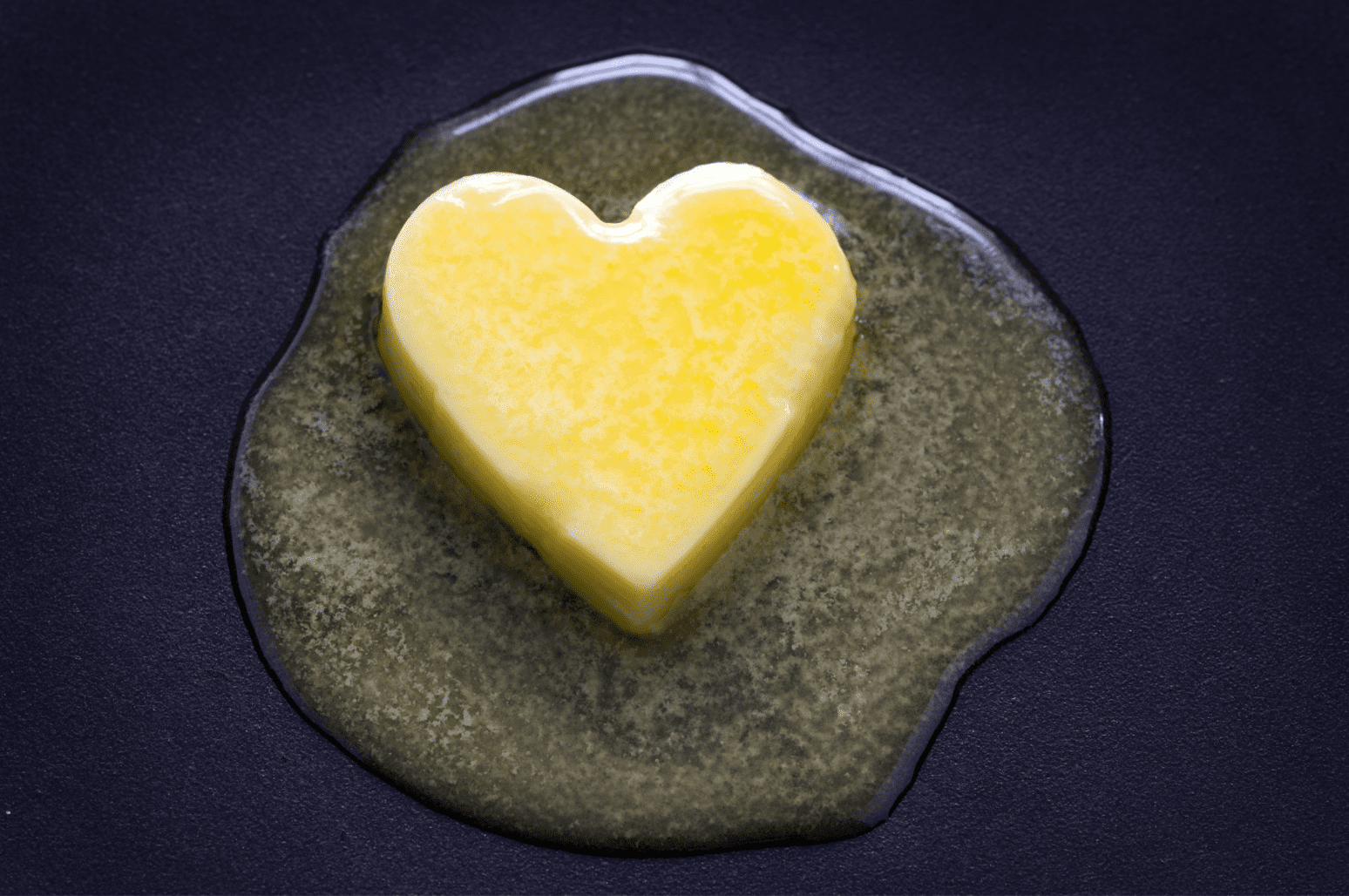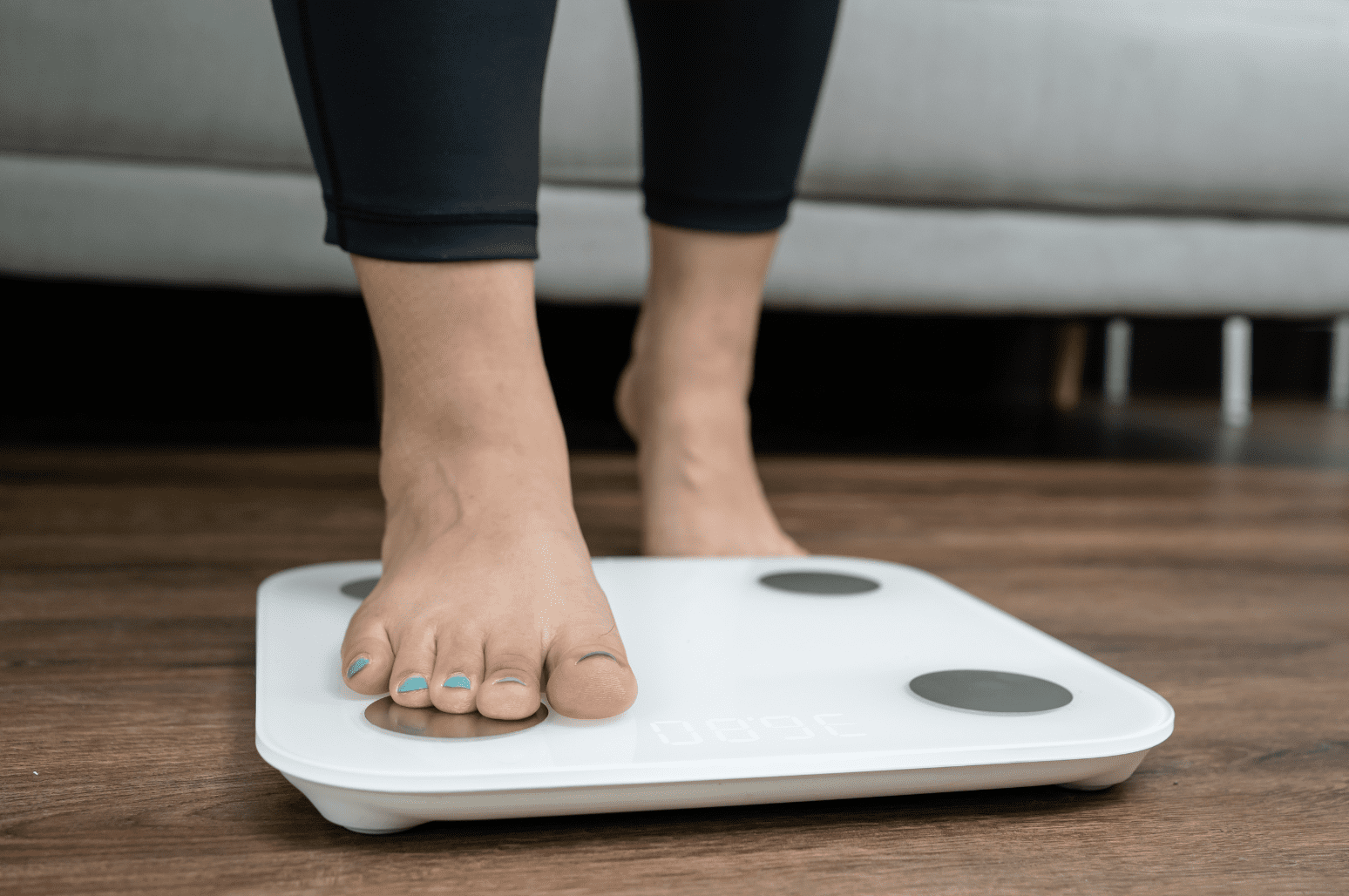
The keto diet is all about cutting carbs without reducing the good things in your diet like fat and protein. Many new keto practitioners do their best to cut net carbs, but they neglect their overall fat intake. Having a healthy balance between carbohydrates, fats, and proteins is essential if you want to see weight loss and maximize the benefits of the diet.
If you’re asking yourself how much fat should you eat on keto, this article will give you the information you need to make informed dietary choices.
Why Does Fat Matter on Keto?
It isn’t enough to simply cut carbohydrates and hope that the weight will miraculously melt away. The body has to have a new way to create energy for itself when you start slashing those carbs. Carbohydrates typically function as the main source of energy for your body, but this shifts when you enter into ketosis.
In ketosis, your body starts turning to its fat reserves to create the energy that you need. It will start to produce ketones that give you a boost of energy. As the body starts to burn more fat, the weight that you once struggled to lose often goes away. Fat becomes the primary energy source for the body and the brain. [1]

How Much Fat Should I Eat on Keto?
Once you know why healthy fats are important for a keto diet, you need to know how to balance them within the diet as a whole. You should be consuming more grams of fat per day than either carbohydrates or proteins, but how much is enough to harness the benefits of ketosis?
First, it can help to look at the overall calorie count of your daily intake. Some scholars believe that you should eat one gram of protein for every kilogram (2.2 pounds) of body weight and just 10 to 15 grams of carbs. The rest of the daily calorie count should be attributed to healthy fats. [2]
You may want to eat an average of 70 to 80 percent of your total daily calories from high-fat foods–about 165 grams of fat on a daily basis if you’re following a 2,000-calorie diet. [3]
Some experts place the ideal percentage of daily calories from fat a little bit lower. For example, some cite that you should get about 55 to 60 percent of your daily calories from fat (122 to 133 grams of fat per day on a 2,000-calorie diet). [4]
Either way you look at it, fat is the most prominent feature in a keto diet. You should be eating upwards of 120 grams of fat daily with some people choosing to consume a little bit more for extra satiety.
Some resources put your fat consumption a little bit higher and view it in proportion to your net carb intake. When the diet was initially researched and started to gain in popularity, doctors and nutritionists estimated that you should have roughly a 4:1 ratio between fat to carbs. [5]
Because carbs are so easy to track on keto recipes, it might make sense to view your fat intake in direct correlation to your carb count. You can always start with a slightly higher fat consumption and reduce this to help speed weight loss and lower calorie consumption.
What Kind of Fats Should I Eat?

Once you know how much fat you should be eating on a daily basis, you might be wondering how that can be healthy for you. The good news is that there are plenty of natural foods out there high in fat that can contribute to your overall health.
Stick to whole fatty foods as opposed to junk food or convenience food.
- Avocados and avocado oil
- Olives and olive oil
- Fatty nuts including almonds, walnuts, and Brazil nuts
- Oily fish (often purchased in tins)
- Seeds including pumpkin and sesame seeds
- Flax seeds and flaxseed oil
Saturated fat cannot easily be avoided on keto, and in fact, it turns out that saturated fat from animal sources has been wrongly demonized. Saturated fat has been falsely linked to health conditions like heart disease and is only now being vindicated. You should avoid artificially created trans fats, however, as studies show these come with health risks.
Consuming Fat on Your Keto Diet
While many diets state that you should limit your fat consumption, ketosis requires that you make every effort to increase fat. When your body is used to burning fat, it will more easily use up those pesky fat reserves, resulting in weight loss. Keep your fat consumption high, but minimize the negative health effects of trans fats by sticking to natural fats. You’ll start burning through the weight in no time!
References
Batch, J. T., Lamsal, S. P., Adkins, M., Sultan, S., & Ramirez, M. N. (2020). Advantages and Disadvantages of the Ketogenic Diet: A Review Article. Cureus, 12(8), e9639. https://doi.org/10.7759/cureus.9639
McGaugh, E., & Barthel, B. (2022). A Review of Ketogenic Diet and Lifestyle. Missouri medicine, 119(1), 84–88.
Harvard T.H. Chan School of Public Health. (2019, May 22). Diet Review: Ketogenic Diet for weight loss. The Nutrition Source. Retrieved March 31, 2023, from https://www.hsph.harvard.edu/nutritionsource/healthy-weight/diet-reviews/ketogenic-diet/
Batch, J. T., Lamsal, S. P., Adkins, M., Sultan, S., & Ramirez, M. N. (2020). Advantages and Disadvantages of the Ketogenic Diet: A Review Article. Cureus, 12(8), e9639. https://doi.org/10.7759/cureus.9639
Harvard T.H. Chan School of Public Health. (2018, July 24). Types of fat. The Nutrition Source. Retrieved March 31, 2023, from https://www.hsph.harvard.edu/nutritionsource/what-should-you-eat/fats-and-cholesterol/types-of-fat/










The molecular structure of any oil liquid at room temperature makes it oxidize rapidly.
Tests on various oils have shown that even olive oil, as well as grape seed oil, nut oils, avocado oil, etc
are significantly oxidized within hours of being pressed.
Oxidized oils,
when consumed, trigger a ‘chain reaction’ of oxidative damage, that cannot be overcome by
consuming anti-oxidant foods or supplements.
Since
fatty acids, what we call fats, are essential parts of every cell in the body, and are even more abundant in nerve cells and brain tissue, among other uses by the body, consuming oxidized oils can lead to a wide range of ailments.
This
oxidation occurs even when the oils are not heated. If used for cooking, even more toxic compounds are created.
Instead,
it is best to cook with oils/fats that are solid at room temperature – drippings from bacon, beef, lamb, pork, etc. Or coconut oil.